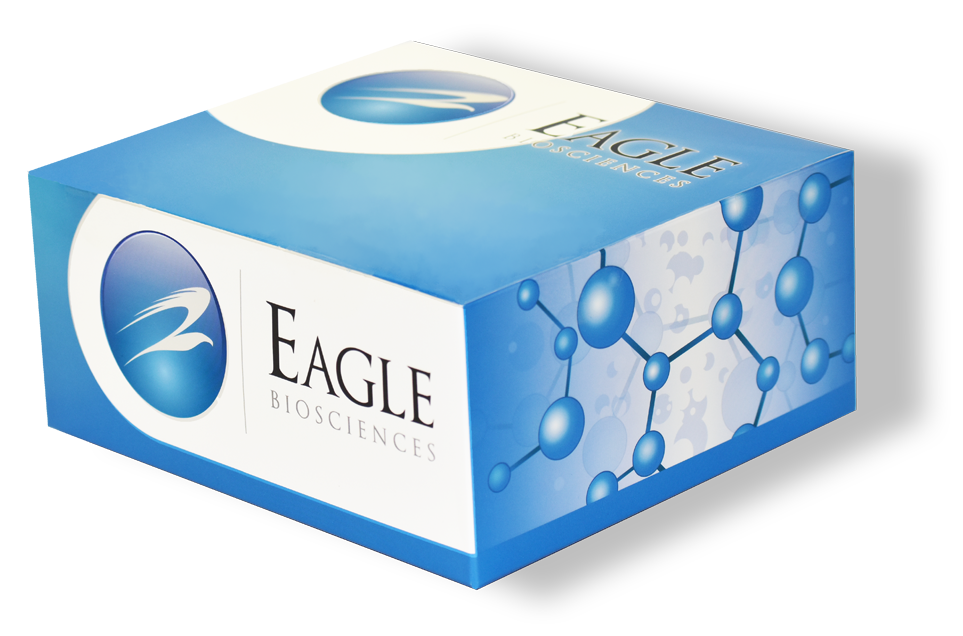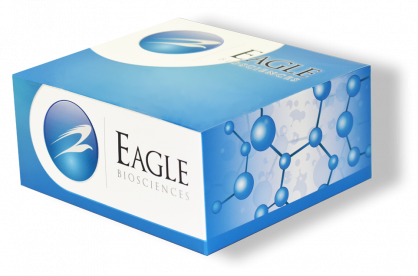Human TSLP ELISA Assay
The Human TSLP ELISA Assay is For Research Use Only
Size: 1×96 wells
Sensitivity: <10 pg/mL
Dynamic Range: 31.2-2000 pg/ml
Incubation Time: 3.5 hours
Sample Type: Serum, Plasma, Cell Culture, and Cell Lysate
Sample Size: 100 µl
Alternative Names: Thymic Stromal Lymphopoietin,
Assay Background
Thymic Stromal Lymphopoietin (TSLP) is a 23 kDa member of the IL-7 family of a-helical cytokines. It is a monomeric glycoprotein that is synthesized as a 159 amino acid (aa) precursor. TSLP appears to have species-specific functions. In mouse, TSLP was initially reported to act on NK cells, mast cells, and B cells, but this does not appear to occur in humans. In humans, TSLP is produced by a number of divergent cell types, all of which appear to target T cells, monocytes, and/or dendritic cells. On TCR-activated T cells, TSLP directly induces T cell proliferation. The significance of this direct action is unclear. On monocytes, TSLP is reported to induce the release of multiple chemokines that target CCR4, a receptor associated with the Th2 subset. TSLP is best known for its direct action on subsets of dendritic cells. In thymic medulla, Hassell’s corpuscle epithelium produces TSLP that acts on resident CD11c+ dendritic cells. This induces the expression of B7 family molecules on dendritic cells, which subsequently convert regional CD4+CD25+ (potentially) autoreactive T cells into CD4+CD25+FOXP3+ regulatory T cells. Allergen-challenged keratinocytes are also known to produce TSLP in skin where TSLP acts on Langerhans cells (CD1a+ immature dendritic cells) which then migrate to regional lymph nodes and express B7-2/CD86, CD83, high levels of MHC-II, and TARC. TARC attracts naive CD4+ T cells to the TSLP-activated Langerhans cells, and this interaction induces a Th2 phenotype. TSLP-induced Th2 cells are strong producers of IL-13, IL-5, and TNF-a, all of which promote allergic-type inflammations.
Related Products
Human MCP-1 ELISA Assay Kit
MMP-9 ELISA Assay Kit
Human G-CSF ELISA Assay


